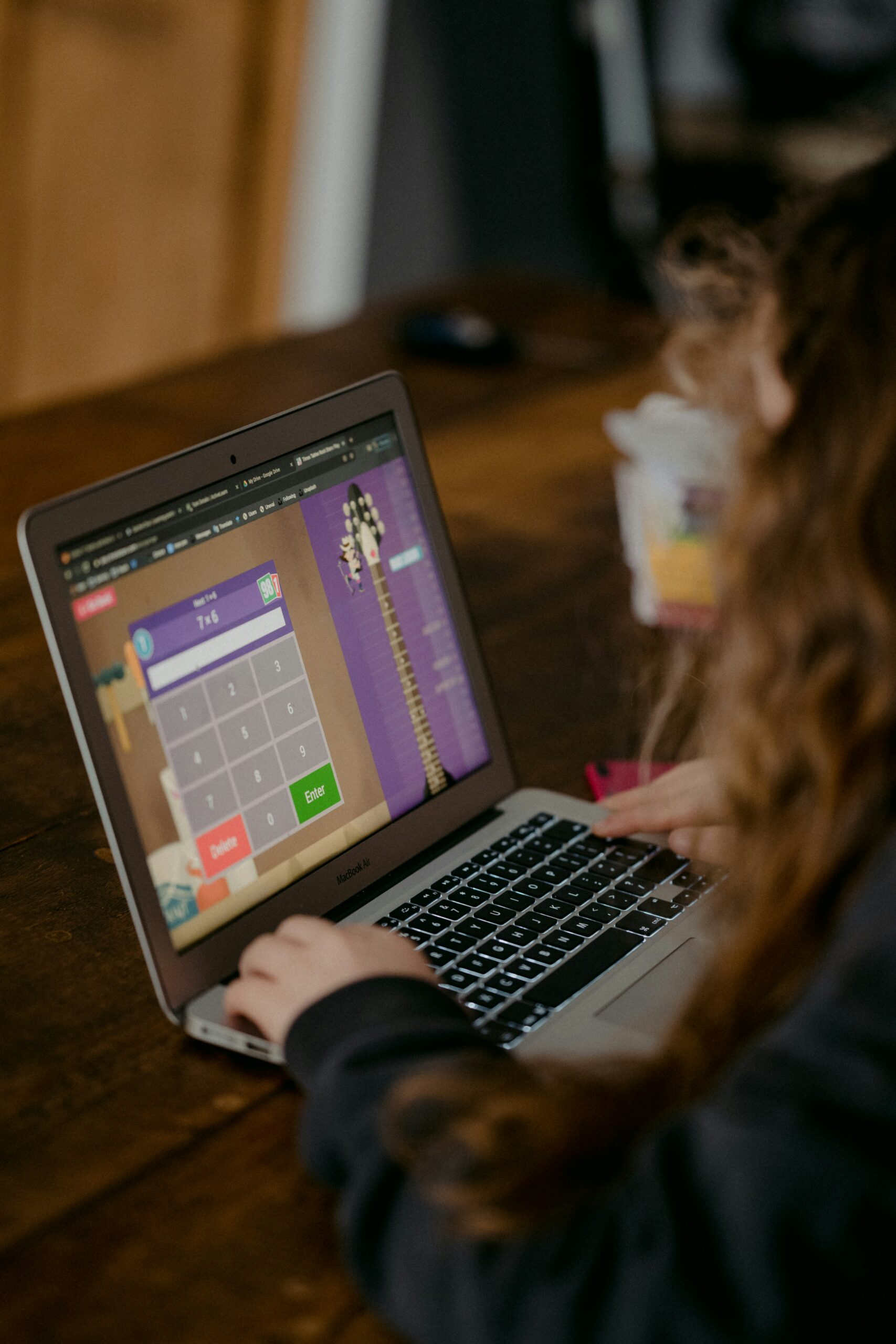
One of the fastest and best ways to study (and remember) a lot of knowledge is to use flashcards. This is why!
The Effectiveness of Flashcards
Using flashcards is helpful because they encourage active remembrance in your brain, which is how we remember things. When you see a word and then try to remember what it means, it moves from your short-term to long-term memory.
When you use notes, you’re also using your metacognition, which means you are aware of your thinking. This is the part where you decide if you need to study the terms some more or if you can remember them based on how sure you were of your answer. Spaced repetition is a way to remember things you use when you repeatedly use harder flashcards while putting aside cards you think you already know. Being self-aware is a key part of how well flashcards work.
Researchers who looked at the test scores of students who used flashcards to study and those who didn’t found that the students who used flashcards did better. As part of one study, 470 college students taking an introductory psychology class were looked at. More than 70% of the students in the class used flashcards to study, and those who did did much better on tests than those who didn’t. One more reason to try flashcards before your next test.
Why are flashcards a good way to study according to science?
1. Flashcards require “from scratch” recall.
Active recall is the thought process you use when you look at the “question” side of a flashcard and try to remember the answer. In other words, you’re trying to remember the idea from scratch, not just by looking at the passage in your textbook or seeing it on a multiple-choice test, which, as we all know, is not a good way to study.
It has been shown that active recall strengthens the connections between neurons for that memory trail. Flashcards are the best way to make multiple events that help you remember things because they make repeating so easy. Some studies have shown that this type of active memory retrieval practice helps people remember things 150% better than passive studying.
You can study better with flashcards because they make you remember things by pulling them out of your mind instead of just reading or recognizing them. This helps you remember things faster and do much better on tests.
2. Flashcards are the perfect vehicle for confidence-based repetition.
You can put flashcards into piles based on whether or how often you need to study them again because they are not attached to a book or record. Then, you can study the ideas you’re not sure about more often and go back to the ones you are sure about every once in a while to review them. According to science, using unique confidence-based repetition, which is a type of spaced repetition, has been shown over many years to be the best way to improve memory. In other words, your brain is set up to remember things through repeat. Flashcards make this easy, but paper flashcards are so 1990s.
Tips to Power up Your Flashcard Game
1. Use Spaced Repetition
These days, spaced repetition is highly popular among students. This evidence-based method has been tried and tested by researchers for once. The idea behind spaced repetition is to review the flashcards you have previously mastered less frequently and the ones that are newer or more challenging more frequently. Which ones are the “hard” ones can be ascertained using an intricate algorithm that meticulously records each mistake you make or just places them inside boxes.
2. Expand after the flip.
Continue reading each flashcard after you’ve flipped it over to read the opposite side. Your brain will eventually become disinterested in the work, and you won’t be studying in the traditional sense. Rather, speak the term out before using it in a sentence. Try to make that line realistic or include some background for extra credit. You can always take inspiration from a foreign TV program character you love.
3. Incorporate Audio Pronunciation
To ensure that you fully understand the subtleties of a new language, think about including some audio in your flashcards. You can record the pronunciation of the words on your flashcards or listen to native speakers. This aural element helps you acquire an ear for the rhythm and intonation of the language, in addition to assisting with accurate pronunciation. Take a moment to hear the pronunciation of a flashcard before you say it out loud. Your ability to communicate and understand language will greatly improve with this auditory-visual reinforcement. One aspect of Lingopie’s flashcards is the ability to hear the words spoken correctly when they are read aloud.
4. Theme-based Flashcards
Make themed flashcards as an alternative to word pairs at random. Sort words or phrases according to topics such as common conversation, food, or travel. This thematic arrangement aids in the development of a more extensive vocabulary in particular settings. Additionally, it pushes you to think in those thematic frameworks while using the target language, which facilitates the recollection of pertinent terminology in everyday interactions. Themed flashcards provide your language learning process structure and make it more all-encompassing.
Mix Up Your Cards
Frequently shuffle your flashcards to keep things unpredictable. Our minds naturally become acclimated to patterns when studying, which makes it simple to infer the answer from the card order. You add a surprise and challenging factor by shuffling the cards. By doing this, you avoid becoming dependent on patterns or cues and maintain mental engagement. Simulating a more authentic language experience where you have to remember words and phrases in many circumstances, helps you become more flexible and retain a language. So, don’t be scared to mix up your study sessions by rearranging your flashcards.





